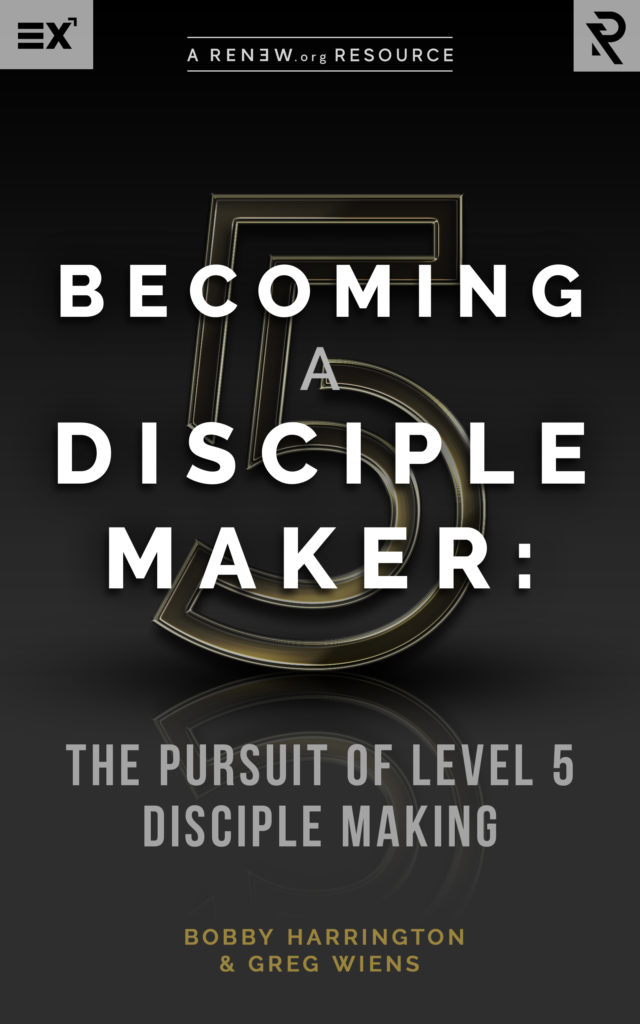
It May Not Be Your Gift, but It Is His Command
Evangelism has been described as the lifeblood of the church of Christ. It is a major part of our mission here on earth and deserves our time, energy, and wholehearted labor.
At this point, it should be clarified that mission and purpose are different things.
Our purpose is to enjoy our relationship with God and make it to heaven; our mission is to change the world. (When mission and purpose become confused, spiritual burnout is not far away.)
As vital as evangelism is—yes, the very lifeblood of the church!—it is not everything. As with physical life, blood is vital, but so are the heart that pumps it, the organs that draw from its supply, and the brain that regulates the whole.
Are you clear about your purpose? About your mission? And about the difference between the two?
The mission is twofold. We are called to preach the Word and to help the poor. Although ultimately one’s spiritual condition, not one’s medical or economic situation, is what counts, still we are called as the people of God to both facets of the mission. True Christians love the poor, especially their poor brothers and sisters (Galatians 6:10). True Christians also love the lost and share what they have found with them. It is unrighteous to neglect one or the other.
Let’s zero in on our evangelistic responsibility. Just as Jesus sent his disciples out to preach the Word and to minister to the needy, so the Spirit sends us today on the same twin mission (Mark 3:14).
World evangelism is our consuming passion as disciples. It was the will of God in the first century, the mountaintop mandate of the Lord Jesus, and the lifeblood of the New Testament church.
The situation is no different today! While we humbly realize that our generation is probably not the last in human history, you never know. We may be living in the final epoch (1 Thessalonians 5:1). Thus, surely our common goal must be to bring Christ to every nation—to saturate the earth with the gospel in our lifetime, by all means possible.
But there is a difference between gifts and commands.
For example, we are all commanded to encourage others (Hebrews 3:13), yet some have the gift of encouragement (Romans 12:8) and will find that what may be hard for others is relatively easy for them.
While it is true that some of us find some of the commands easier to obey than others, we must never minimize a command into an option under the claim that “it’s not my gift”!
Evangelism is not an option. After all, in Ephesians 4:11, the gift is not evangelism, but evangelists—the leadership position.
How determined are we to follow the Spirit and to refuse to tolerate unspirituality? Years ago (in the ’70s, in fact), my brother and I were driving down the East Coast of the United States, attending various Christian conferences. The first message at one conference we had registered for was on the topic of evangelism. The speaker began by describing evangelism as a “talent” or “gift.”
The experts, according to this man, had calculated that only ten percent of Christians can be expected to evangelize, since for ninety percent of us, it is not our gift.
As the conference speaker was droning on, I thought of the ten lepers (in Luke 17) and how only one returned to thank Jesus. (Yes, only “ten percent” returned to Jesus to show appreciation for what God had done in their lives. The “ten-percent rule” applied here, though not as meant by the speaker!) After the talk, I turned to my brother, Steve, and said, “I’m outta here!”
We walked out, since we were not interested in explaining away the Great Commission or consoling ourselves about our lack of commitment.
How about you? Are you hanging out only with those who have low expectations for world impact? Are you attracted to a fellowship that says, “I’m okay; you’re okay,” “Judge not,” and “Lukewarm is acceptable”? Putting it another way, do you count the hours that go by between times of sharing your faith, or the days? How often do you share your life with friends in your home (Acts 5:42; 1 Thessalonians 2:8)? The Holy Spirit is not a spirit of timidity, but one of power, love, and self-discipline (2 Timothy 1:7).
The next time a thought of compromise starts to “lecture” you on why you do not have to obey the Great Commission, just say, “I’m outta here!”
We must never minimize a command into an option under the claim that “it’s not my gift”!









